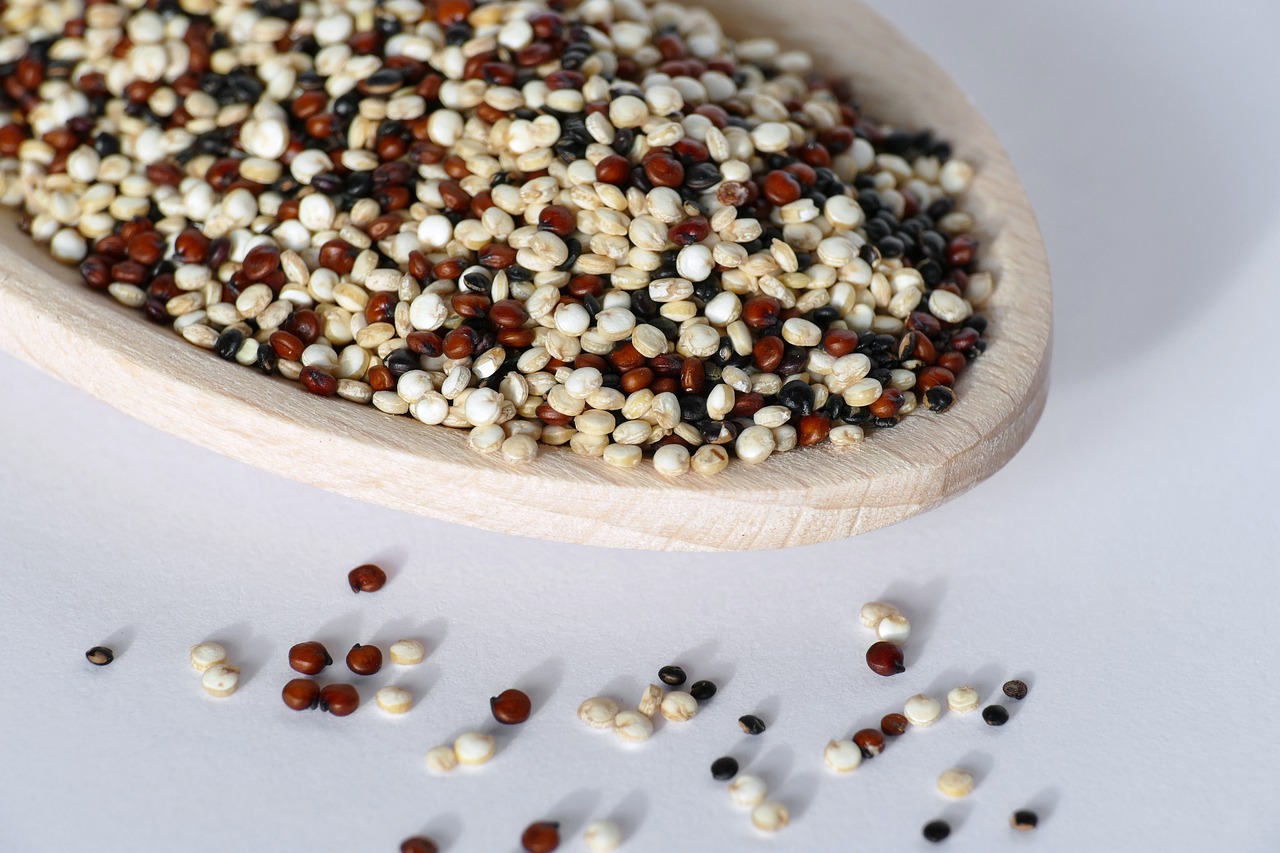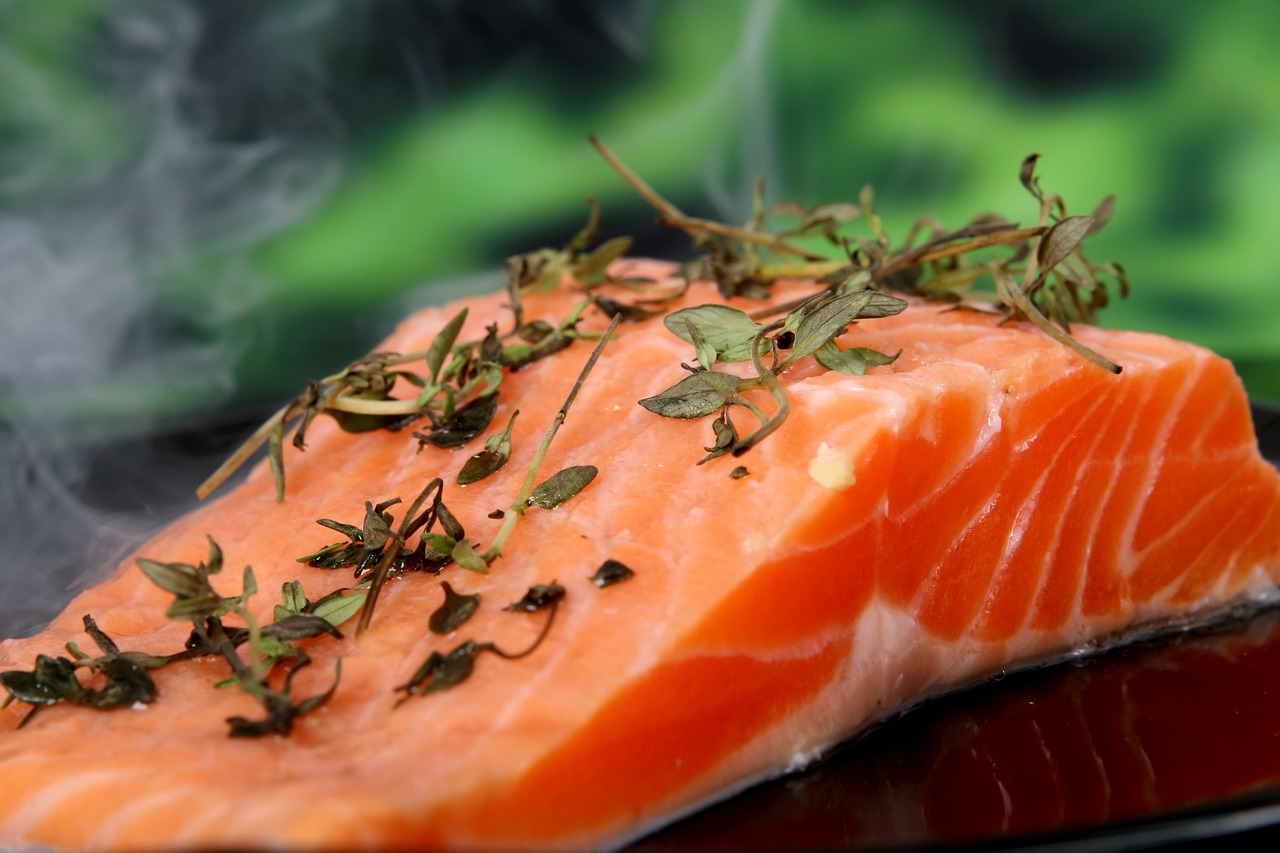DASH DIET
The DASH Diet and Alzheimer's
The DASH diet stands for Dietary Approaches to Stop Hypertension and was established by the NIH in 1997. The initial trial was a randomized clinical trial that compared the DASH diet to a typical American diet. Results showed reductions in systolic blood pressure (SBP) and diastolic blood pressure within two weeks of starting the DASH diet. Follow up studies have shown that LDL, BMI, oxidative stress and inflammation was also improved.1,2
The DASH diet places an emphasis on foods with high amounts of protein, fiber, potassium, magnesium, and calcium which translates to fruits and vegetables, beans, nuts, seeds, whole grains, low-fat dairy, fish, and poultry. The diet limits intake of red meats, processed meats, full-fat dairy foods, tropical oils, sugar-sweetened beverages and any foods high in sugar. The diet is effectively a low sodium, low saturated fats, low total fats, low cholesterol and low sugar diet. The DASH diet and the Mediterranean diet share some components such as whole-grains, vegetables, and nuts but also have differences. The DASH diet calls for a higher consumption of low-fat dairy products and animal protein compared to the Mediterranean Diet.1,3
Studies Investigating the DASH Diet and Alzheimer's
Because the DASH diet was so successful at reducing some of the cardiovascular comorbidities associated with Alzheimer’s, some scientists have examined the effect of DASH on Alzheimer’s disease. In observational studies, DASH has been shown to have positive effects. One observational study showed that stricter adherence to both DASH and the Mediterranean diet translated into slower cognitive decline. A similar observational study examined the diets and cognition of 16,144 people and they again found that stricter adherence to the DASH diet correlated positively to improved cognition, but the study went one step further and found that the positive effects of DASH was independent of Apoe4 status.4,5
A randomized clinical trial tested the effect of the DASH diet on cognition. They placed 124 overweight or obese subjects with elevated blood pressure into three different groups. One group ate the DASH diet, one group ate the DASH diet and participated in a weight management that included calorie restriction and exercise and one group was the control group which continued eating their normal diet. A series of cognitive tests were given to the subjects before the study initiation and four months later. The group assigned to the DASH diet with calorie restriction and exercise performed the best on the cognitive tests followed by the DASH group and the control group performed the worst.6
A more recent randomized clinical trial that concluded in 2019 also looked at exercise combined with the DASH diet. The investigators divided up 160 older men and women who had cognitive impairment (but not dementia) combined with risk factors for cardiovascular disease. In this study there were four groups: DASH with aerobic exercise, DASH alone, aerobic exercise alone and a control group which were assigned general health education. After six months, the study found no improvements in memory or language skills, however executive function did see significant improvements. The group that improved the most was the group assigned to aerobic exercise and DASH followed by DASH alone, exercise alone and then finally the control group. To demonstrate the power of diet plus exercise the investigators calculated that the participants at the start of the study had an average cognition score comparable to someone in their nineties which was equal to 28 years older the average age of the participants. After six months, the participants in the exercise and DASH group had cognitive scores equal to someone 8.8 years younger.7
Alzheimer's Diet and Nutrition Sections
Macronutrient References on this Page:
- Steinberg D, Bennett GG, Svetkey L. The DASH Diet, 20 Years Later. JAMA. 2017 Apr 18;317(15):1529-1530. doi: 10.1001/jama.2017.1628. PMID: 28278326; PMCID: PMC5509411.
- Morris MC. Nutrition and risk of dementia: overview and methodological issues. Ann N Y Acad Sci. 2016 Mar;1367(1):31-7. doi: 10.1111/nyas.13047. PMID: 27116239; PMCID: PMC4849169.
- Cremonini AL, Caffa I, Cea M, Nencioni A, Odetti P, Monacelli F. Nutrients in the Prevention of Alzheimer’s Disease. Oxid Med Cell Longev. 2019 Sep 4;2019:9874159. doi: 10.1155/2019/9874159. PMID: 31565158; PMCID: PMC6746160.
- Tangney CC, Li H, Wang Y, Barnes L, Schneider JA, Bennett DA, Morris MC. Relation of DASH- and Mediterranean-like dietary patterns to cognitive decline in older persons. Neurology. 2014 Oct 14;83(16):1410-6. doi: 10.1212/WNL.0000000000000884. Epub 2014 Sep 17. PMID: 25230996; PMCID: PMC4206157.
- Berendsen AAM, Kang JH, van de Rest O, Feskens EJM, de Groot LCPGM, Grodstein F. The Dietary Approaches to Stop Hypertension Diet, Cognitive Function, and Cognitive Decline in American Older Women. J Am Med Dir Assoc. 2017 May 1;18(5):427-432. doi: 10.1016/j.jamda.2016.11.026. Epub 2017 Jan 17. PMID: 28108204.
- Smith PJ, Blumenthal JA, Babyak MA, Craighead L, Welsh-Bohmer KA, Browndyke JN, Strauman TA, Sherwood A. Effects of the dietary approaches to stop hypertension diet, exercise, and caloric restriction on neurocognition in overweight adults with high blood pressure. Hypertension. 2010 Jun;55(6):1331-8. doi: 10.1161/HYPERTENSIONAHA.109.146795. Epub 2010 Mar 19. PMID: 20305128; PMCID: PMC2974436.
- Blumenthal JA, Smith PJ, Mabe S, Hinderliter A, Lin PH, Liao L, Welsh-Bohmer KA, Browndyke JN, Kraus WE, Doraiswamy PM, Burke JR, Sherwood A. Lifestyle and neurocognition in older adults with cognitive impairments: A randomized trial. Neurology. 2019 Jan 15;92(3):e212-e223. doi: 10.1212/WNL.0000000000006784. Epub 2018 Dec 19. PMID: 30568005; PMCID: PMC6340382.
Back to Diet and Alzheimer's:
Determine which diet and nutrition plan is best for you based on your Apoe status and subtype.














